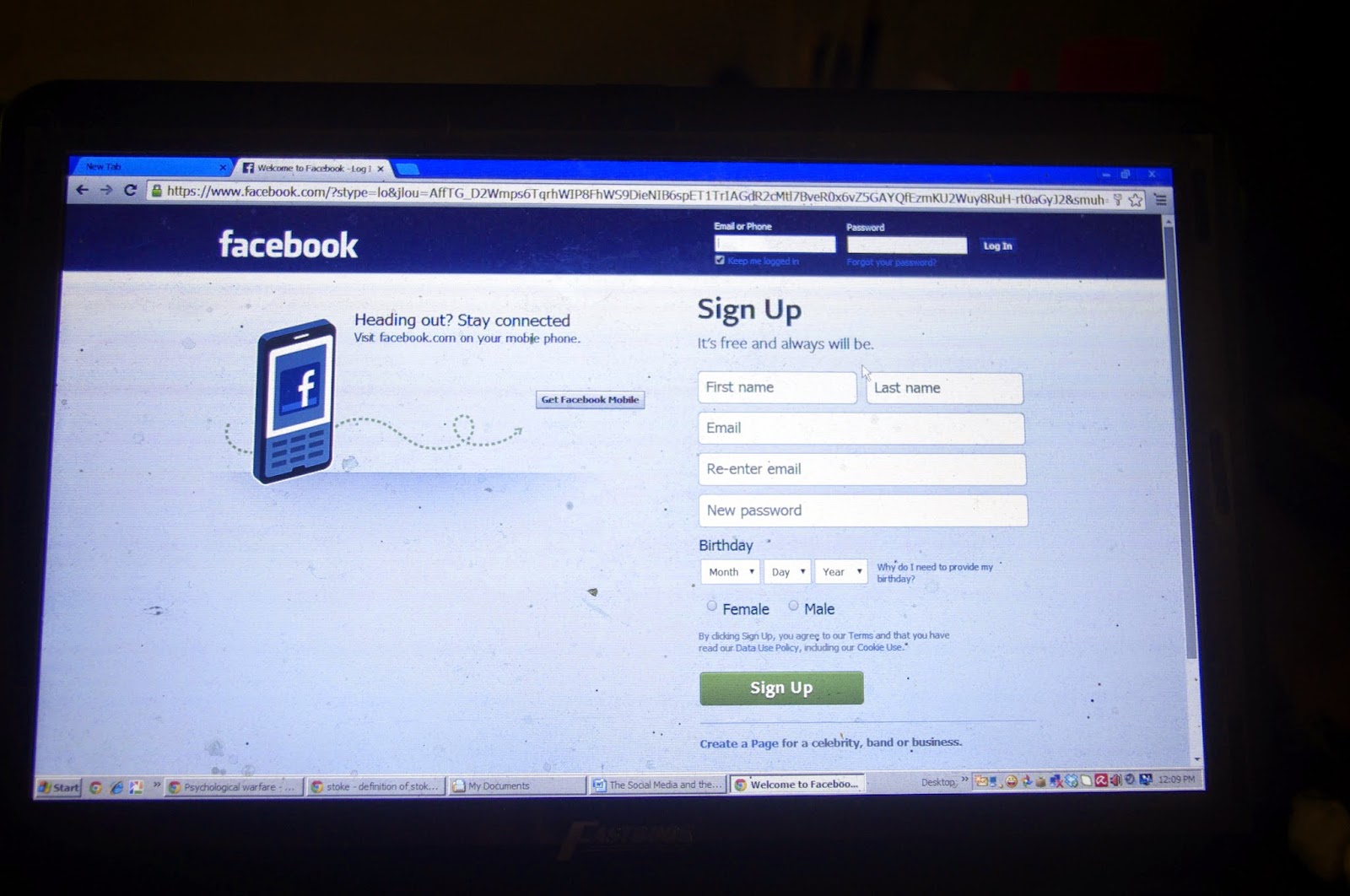The rise of the ISIS and its battle against the governments
of Syria and Iraq and the Kurds and other armed groups has caught the curiosity
and attention of people around the world. Negative news reports on ISIS members’
actions in combats and their treatment of captives and civilians have horrified
many people.
Aside from the physical battle, the parties to the conflict
also take into account its psychological dimension to boost the war effort. In this
regard, the social media particularly Facebook and Twitter has become an
unwitting tool or a venue for the battle to win the people’s hearts and minds in
the conflict involving ISIS and its opponents.
Concerned of the bad publicity it has brought to Islam since the
ISIS claims that it has carried out its act in the name of the religion, leaders
of Saudi Arabia and religious clerics as well as some Islamic association of America
and Europe have denounced the ISIS stating that the actions and behavior of its
members are not compatible with the tenets of Islam. In fact Arab
countries such as Saudi Arabia, Qatar, United Arab Emirates and Jordan have
joined the US led coalition to provide airstrike against the ISIS’ members and
their facilities. Other western countries such as the United Kingdom, France,
Germany, Netherlands and Australia have also given support to the forces that
are fighting the ISIS such as the Kurds and the Iraqi army.
In a battle, the side which has a superior firepower,
proficient and well motivated troops as well as good commanders usually prevails
over its weaker opponent. However, the battle to win the people’s hearts and
minds including those of the non-combatants cannot be overlooked. This is
proven in the American defeat in the Vietnam War. And in the Arab Spring the
social media particularly Facebook and Twitter was a tool that galvanized world
opinion against state of affairs in the Middle East. The use of the social
media stoked the flame of people’s revolt that toppled down long serving and well
entrenched autocratic rulers such as the late Col. Muammar Khadafy of Libya
and former President Hosni Mubarak of Egypt.
Appalled by the atrocities of the ISIS, some internet users
are bringing their opinion and sentiments against it in the internet. Some
formed groups in Facebook with the aim of denouncing the ISIS and of giving users
updates on news and on the battle that is raging on between the ISIS and the
Kurds and other forces opposing it such as the Iraqi and Syrian armies.
The opposition to ISIS is gaining momentum in the social
media. And the post and the interaction of users about the ISIS could somehow
influence world opinion for or against it. A group such as the ISIS that wants
people to submit to their wishes and demands through sheer acts of terror cannot
possibly win the hearts and minds of the people in the world.

